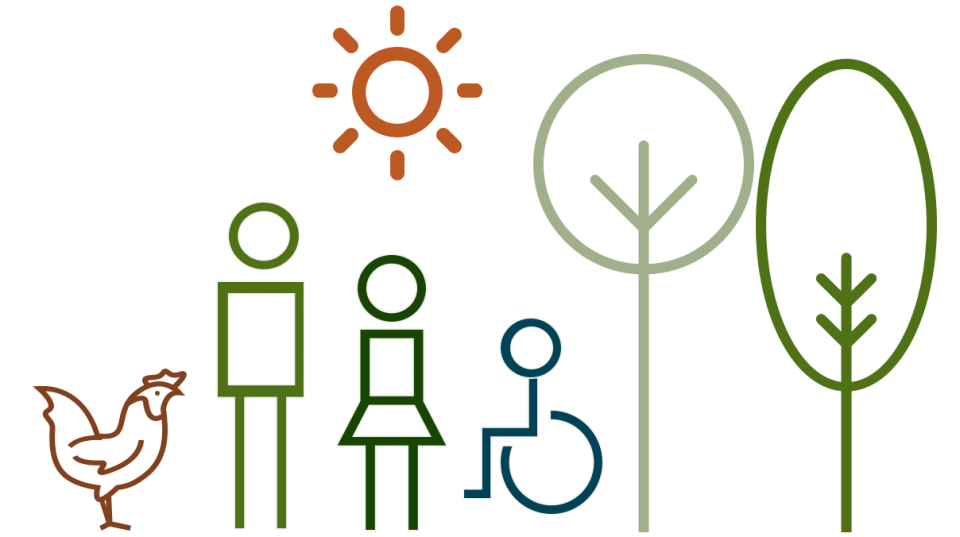Overview
This project aimed to contribute to improved agricultural policies for rice-based farming systems in Laos and Cambodia, taking account of trends in Thailand and Vietnam, in line with ACIAR's food security initiative for the Mekong region.
Rapid agrarian change in the Mekong region coupled with recent shocks to global food, fertiliser, and fuel prices have accentuated the risks and challenges facing farmers engaged in rice-based farming systems, particularly in the marginal environments of Laos and Cambodia. Preliminary research in 2010-11 indicated that: (1) there is a lack of detailed empirical studies providing reliable quantitative estimates of the farm- and regional-level impacts of current or proposed policies and of the trade-offs between them, and limited capacity within government to undertake such studies and derive well-supported implications and options for policy makers; (2) there is a need for strategic empirical research on specific policy options for rice-based farming systems, particularly where technical possibilities for improved food security and farmer incomes are constrained by current policy settings. In particular, three key policy issues were identified, concerning the institutional arrangements governing farmers’ access to (1) affordable, high-quality farm inputs (seed, fertiliser, technical advice, credit); (2) the key resources of land and water; and (3) the rapidly emerging regional value chains for rice and other agricultural commodities.
Project Outcomes
- Improved understanding of policy processes in Laos and Cambodia;
- Appreciation of the ways in which policy implementation is conditioned by circumstances at the local level, increasing our ability to interpret and address policy constraints;
- Detailed evaluation of current policy impacts on rice-based farming systems, providing important feedback to policy-makers;
- Examination of specific, evidence-based policy options that have the potential to increase the uptake of innovations arising from ACIAR and other projects;
- Greater understanding of cross-border value chains and their influence on the flows of inputs, outputs, information, and technology;
- Increased capacity of government policy agencies and research institutes to apply evidence from field studies to policy development and evaluation.




